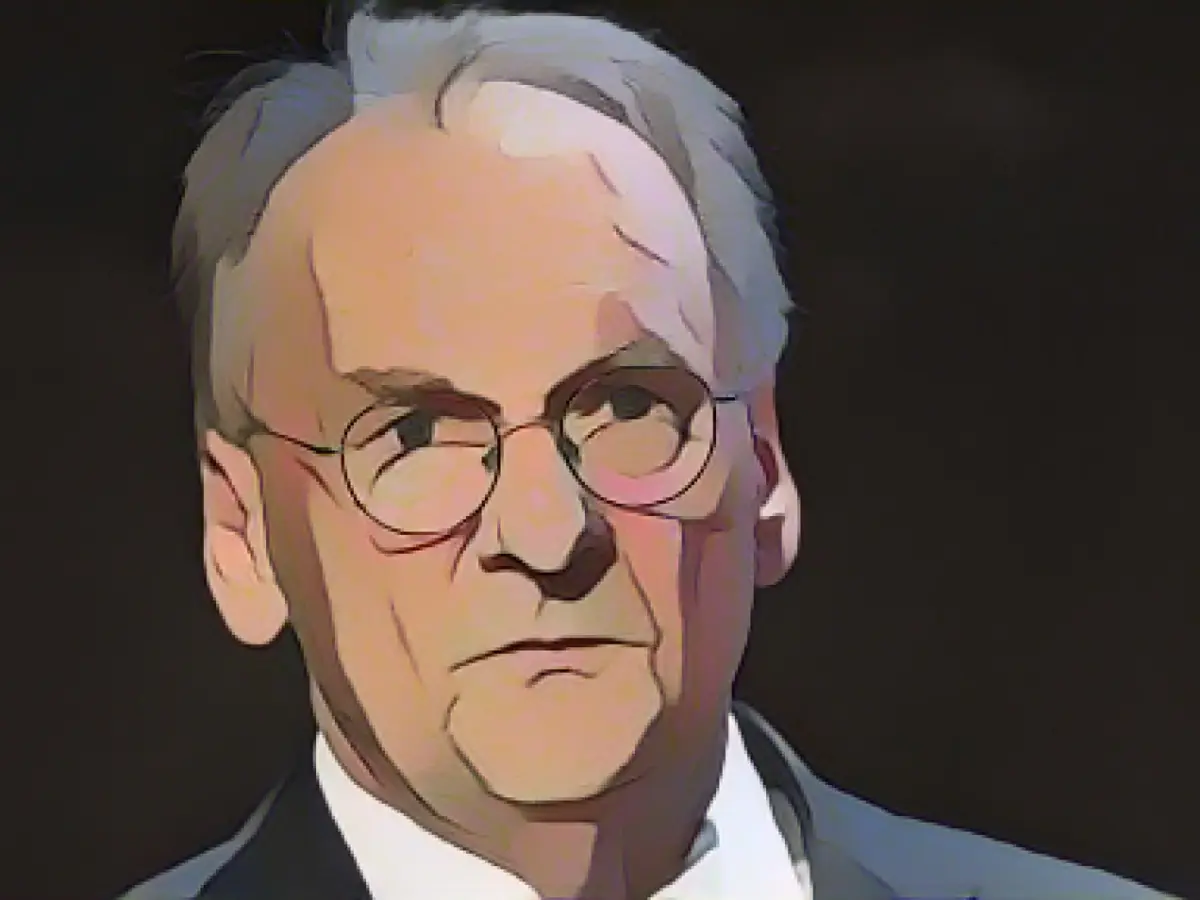Reiner Haseloff, the CDU's Minister President of Saxony-Anhalt, voiced discontent over the coalition leaders' budget agreement, slamming the plan to scrap a billion-euro subsidy for grid fees. In Magdeburg, Haseloff argued that shielding the environment and boosting renewable energies should not result in penalties. "That's not right," he declared, urging a solution.
Grid fees, a component of the electricity price, are on the rise due to the high cost of expanding the electricity grid to transport surplus electricity produced from renewable sources in the northern and eastern states to the south. Facing rising grid fees, north-eastern states have advocated for a harmonized grid fee system, arguing it would reduce electricity costs in regions with high renewable energy generation, such as Magdeburg.
Haseloff also lauded the traffic light government's commitment to maintaining subsidies for industrial projects, including Intel's chip factories in Magdeburg and TSMC in Dresden. Intel plans to invest around 30 billion euros in Magdeburg, with the state set to contribute approximately ten billion euros. Haseloff welcomed this decision, commenting on the efforts invested in securing these projects.
The Saxony-Anhalt leader emphasized the need for low energy prices for the economy, cautioning that high energy prices could jeopardize the state's industrial status and cause job losses. If energy prices remain high, the region's future as an industrialized and welfare state is at risk, Haseloff warned.
Helmich, the State Green Party leader, affirmed the federal government's capability to enact measures in pursuit of strong climate protection and German competitiveness. "The budget strengthens climate protection, German competitiveness, and social cohesion," Helmich stated.
Insights:
- The traffic light coalition's decision to cancel the planned billion-euro subsidy for grid fees might be driven by financial constraints and political considerations, aiming to manage public perception or reallocate funds to other pressing areas.
- The cancellation of the subsidy could lead to increased costs for household and business consumers, potentially discouraging demand for renewable energy sources.
- A harmonized grid fee system could help reduce the cost of electricity in regions with high renewable energy penetration, such as Saxony-Anhalt, promoting energy competitiveness and encouraging the growth of renewable energy production.








